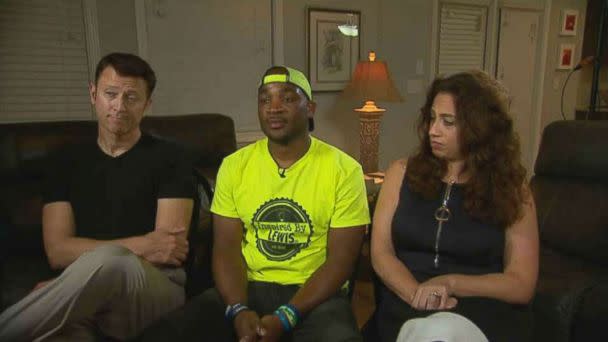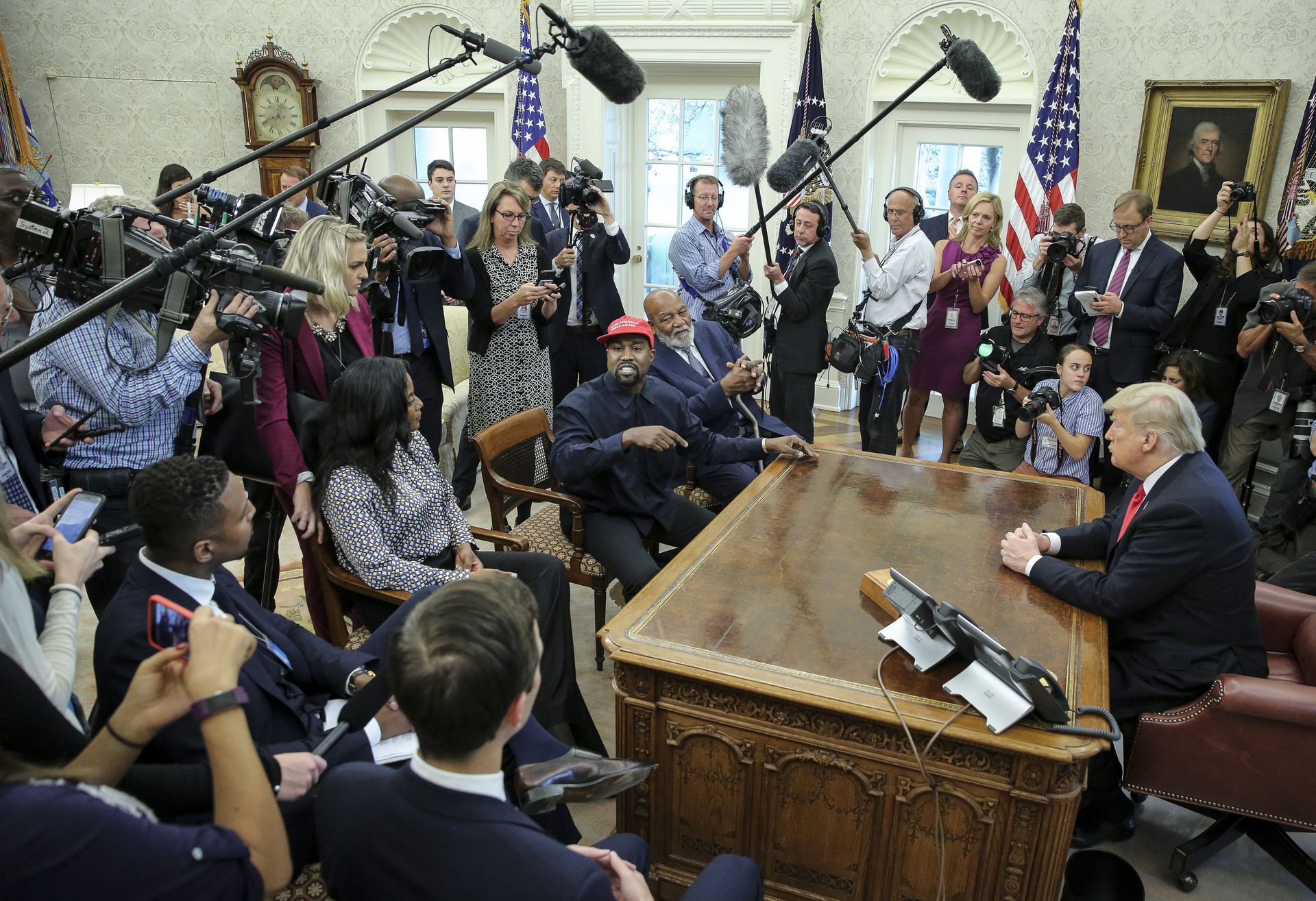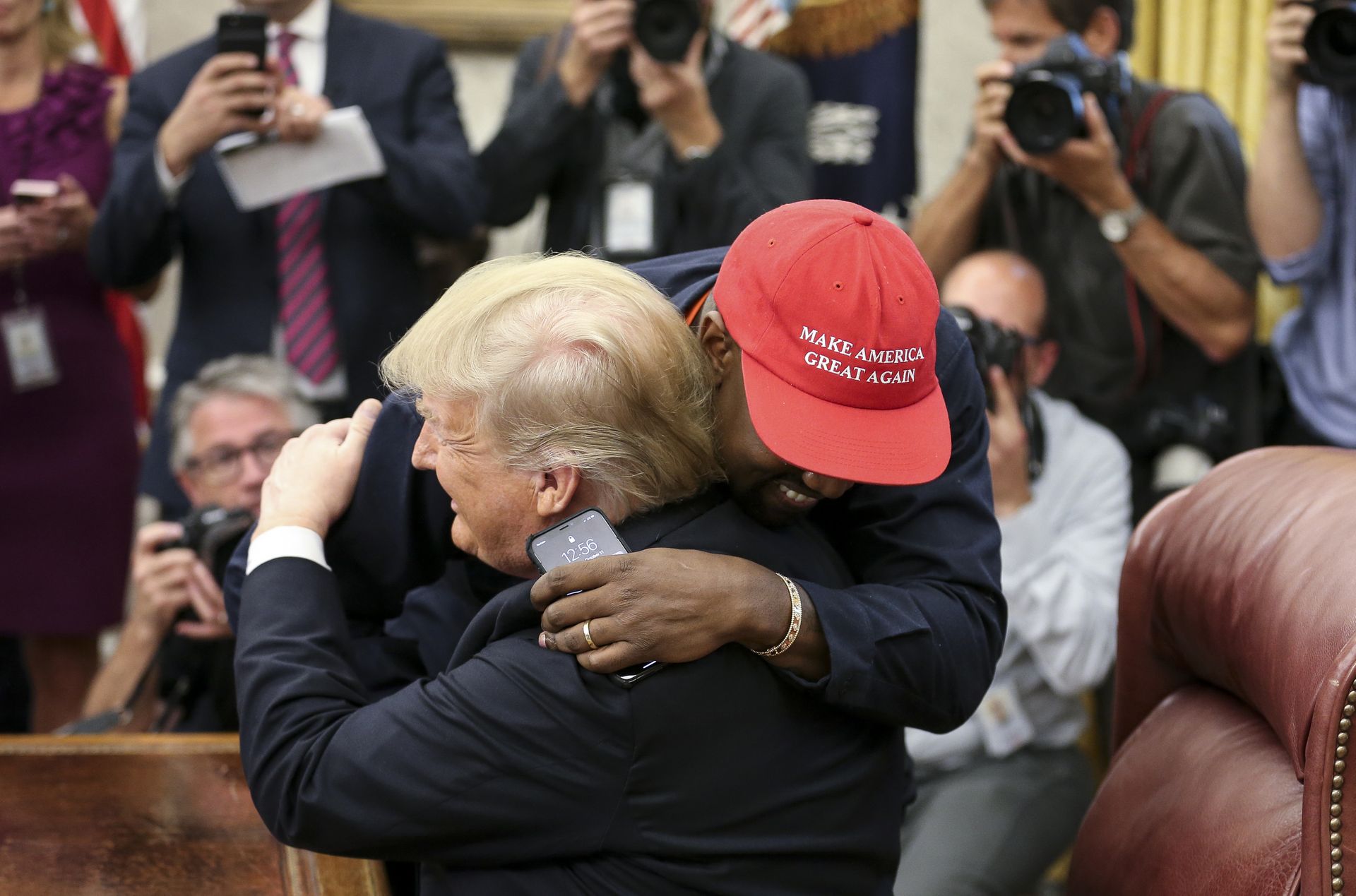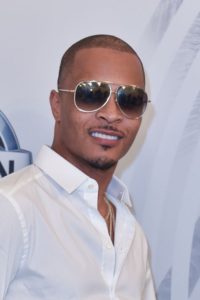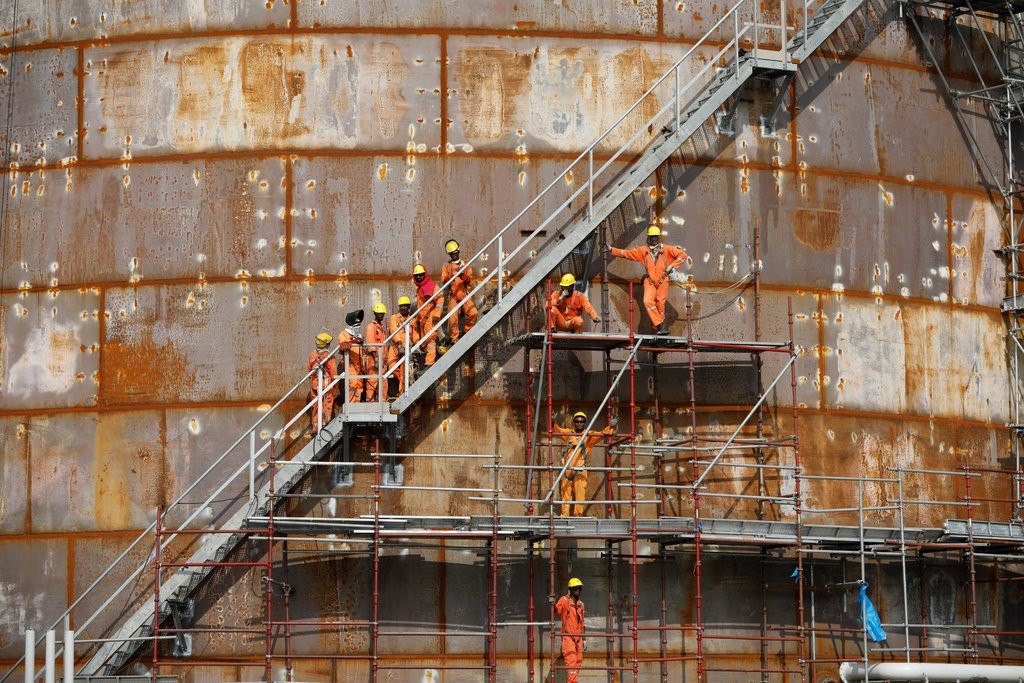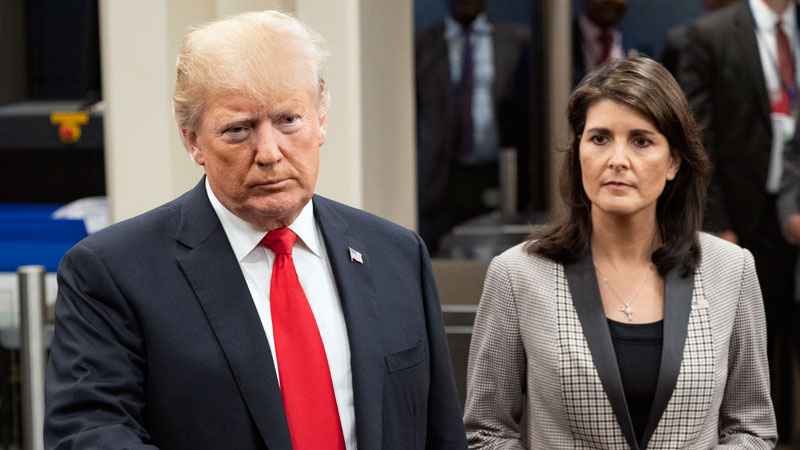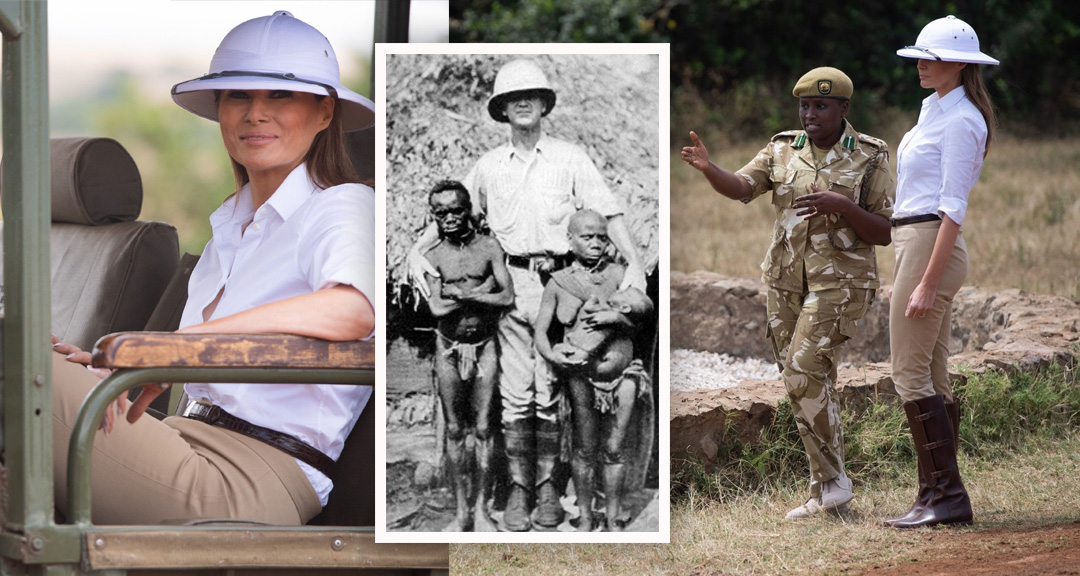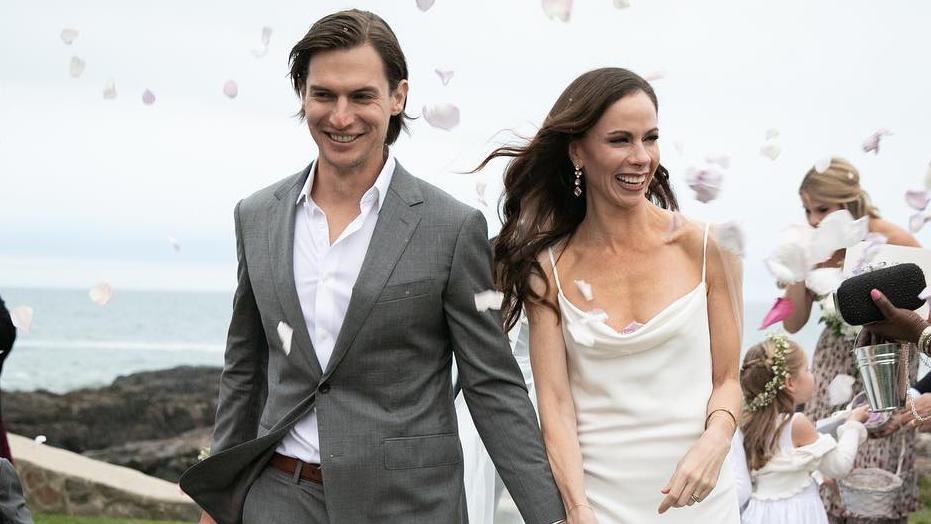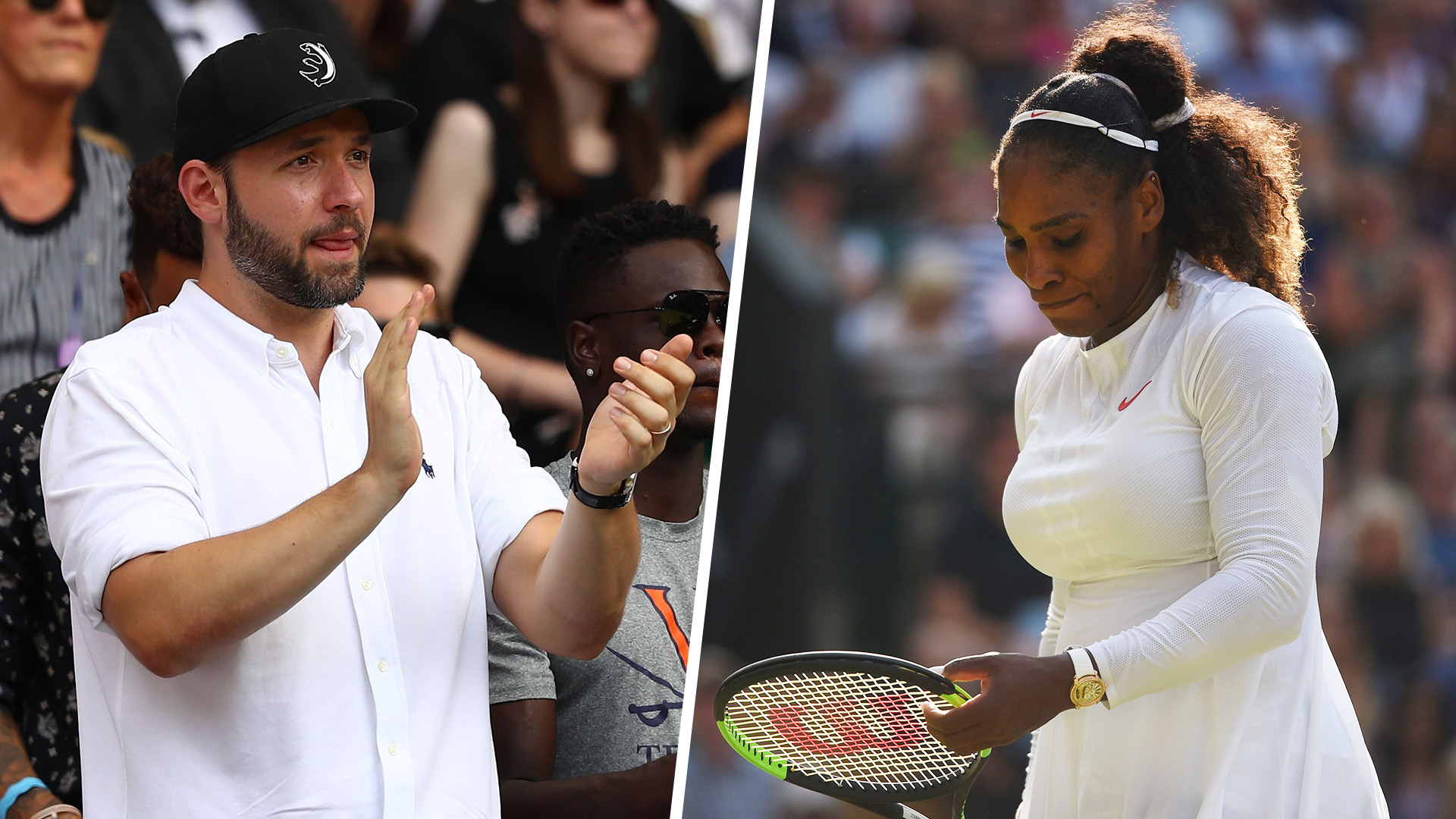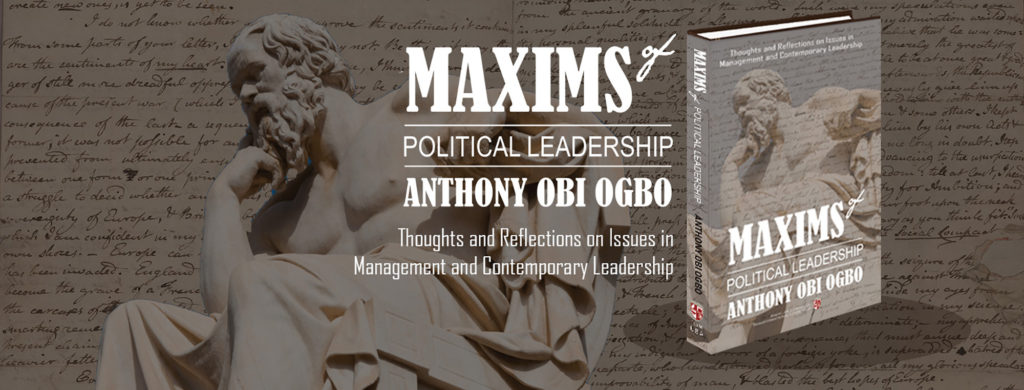
My latest book “Maxims of Political Leadership” is ready for the prime-time
Anthony Obi Ogbo
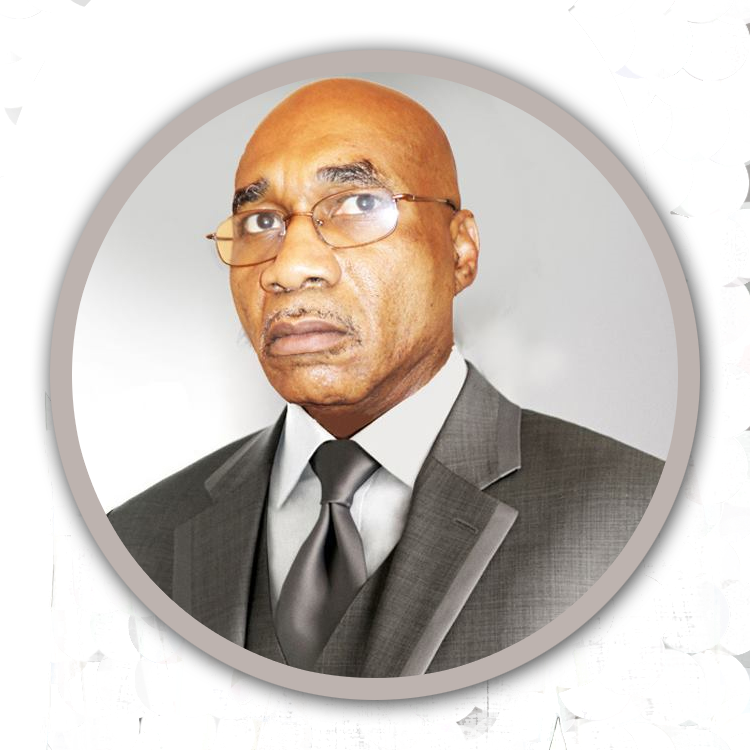
This book unleashes thoughts and reflections on issues in management and contemporary leadership. But before you ask, please note that this book is not about metaphors neither is it a research study on maxims. Whereas phrases and paragraphs are riddled with tropes of structural leadership realities, the entire content remains a deconstruction of comprehensible management tools, conceptual theories, and conventional MAXIMS relevant to the actions of POLITICAL LEADERSHIP and organizational change management.
In unraveling the ontological meaning, interpretation, and application of leadership, I provide remedies to the disparaging afflictions of leading beyond the conjectural boundaries of organizing people, their hopes, and aspirations. In this book, I explained the process of leading and managing, and offered substantial clues on how leader or managers could harness their resources and translate their communal crisis into a plantation of economic possibilities. My tone was most philosophical. For instance, in a shear reversal, rather than ask or explain what leadership is or should be, my approach came from a backmost standpoint by asking and conveying what leadership is not and should not be. At some point, I appeared sarcastic, but delivered the conviction, that “if he talks like Robert Mugabe; tweets like Donald Trump; or parades the ruthless disposition of Kim Jong-un, it is definitely NOT Leadership.”
I explained the process of leading and managing, and offered substantial clues on how leader or managers could harness their resources and translate their communal crisis into a plantation of economic possibilities.
I took the managerial actions of innovation seriously and raised effective measurable concepts to convey fundamental actions of technology innovation management. I flaunted the change management process and explained substantial actions that would directly influence employee-behavior toward this cause. I presented actions of technology integration for performance efficacy and offered considerable innovation process measurement tools that would ultimately enable managers to monitor, control, and improve system performance at all production levels. The emphasis was clear, that effective innovation process must not just be measurable, but also have the propensity to move theories into creativity; convert ideas into outputs; and transform opportunities into merchantable results.
I presented actions of technology integration for performance efficacy and offered considerable innovation process measurement tools that would ultimately enable managers to monitor, control, and improve system performance at all production levels.
Another interesting chapter in this book was a philosophical revelation of the cradle of workforce emotional management actions. Of course, a regulation of employee emotions is paramount to creating a decent workplace structure – thus, in organizational leadership, complexities of decision-making engagements in managing could activate a negative attitude among subordinates. My argument is that good pay raise and other reward schemes could boost optimism among employees, but a lack of positive attitude in addressing management matters might devastatingly deface employee emotional comportment. I presented insights about identifying and mitigating such negative challenges through a constructive approach to employee supervision. I offered effective cognitive tools capable of alleviating nonsensical workplace conditions and transforming them into useful supervision possibilities and values. Then I dissected the psychological significance of how positive attitude could empower employees with hope and aspiration; promote organizational trust, and foster optimism, satisfaction, loyalty, and sense of responsibility in the production system.
I dissected the psychological significance of how positive attitude could empower employees with hope and aspiration; promote organizational trust, and foster optimism, satisfaction, loyalty, and sense of responsibility in the production system.
All through this book, constructive MAXIMS of political leadership were presented, and in specific cases explained. For instance, I noted that there were indeed “Three political parties in the United States; Democratic Party, the Republican Party, and the Supreme Court.” It is simply a maxim expressing how in the United States, the Supreme Court is fragmented into the liberals and conservative ideological spheres, which in critical cases, forces Judges to favor litigants from their own sociopolitical fraternity. The increasingly partisan nature of the Supreme Court nomination and confirmation process is evidential – that this sector is now structured to reflect party-ideological partisanship tied to political considerations and interests.
The overall content of this book specifically reveal a body of theories, thoughts, and phrases confronting head-on, substantial difficulties of organizational management and authority. This book will hit the stands in November 2018.
■ Dr. Ogbo, author of Influence of Leadership, is the Publisher of Houston-based International Guardian News. Contact Dr. Ogbo >>>



